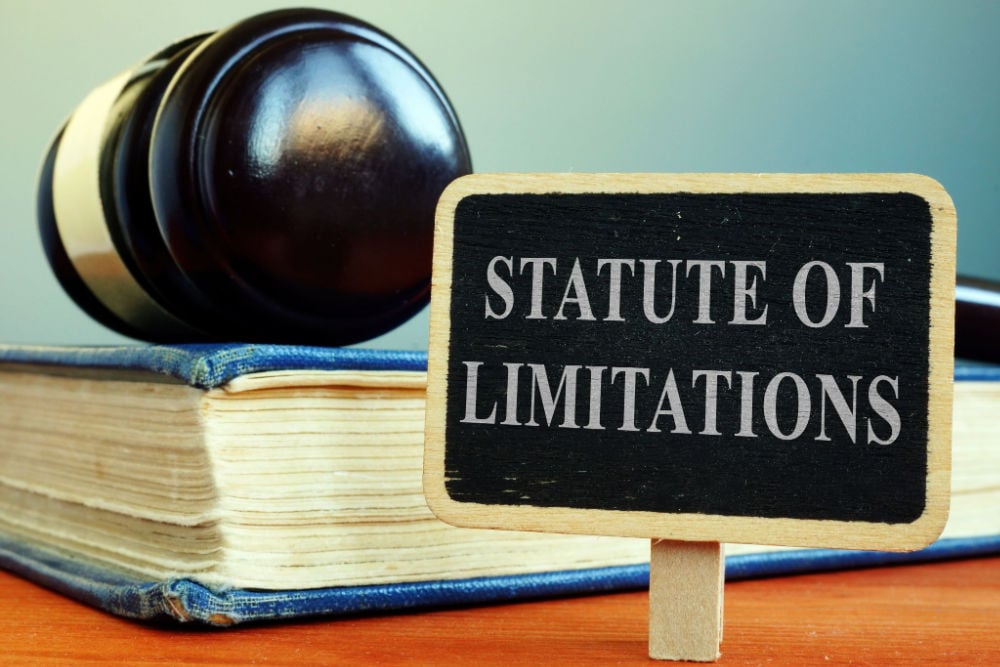
Ellan Orkin died in 2019 at the age of ninety-nine. During her life, she and her sister served as nurses during World War II. After their service, they married and settled down in Delaware. Neither had children and each was predeceased by her husband. Ellan and her sister had many friends and other family members around them. Tina was Ellan’s cousin and lived across the street from her; they visited often.
In 1998, Ellan met Kimberly, a former teacher at a local community college. Kimberly presented business opportunities to Ellan and her sister and helped them with various daily needs. Over a span of about 25 years, ending in 2017, Ellan executed various changes to her estate planning documents that increasingly gave Kimberly greater shares of her estate.



